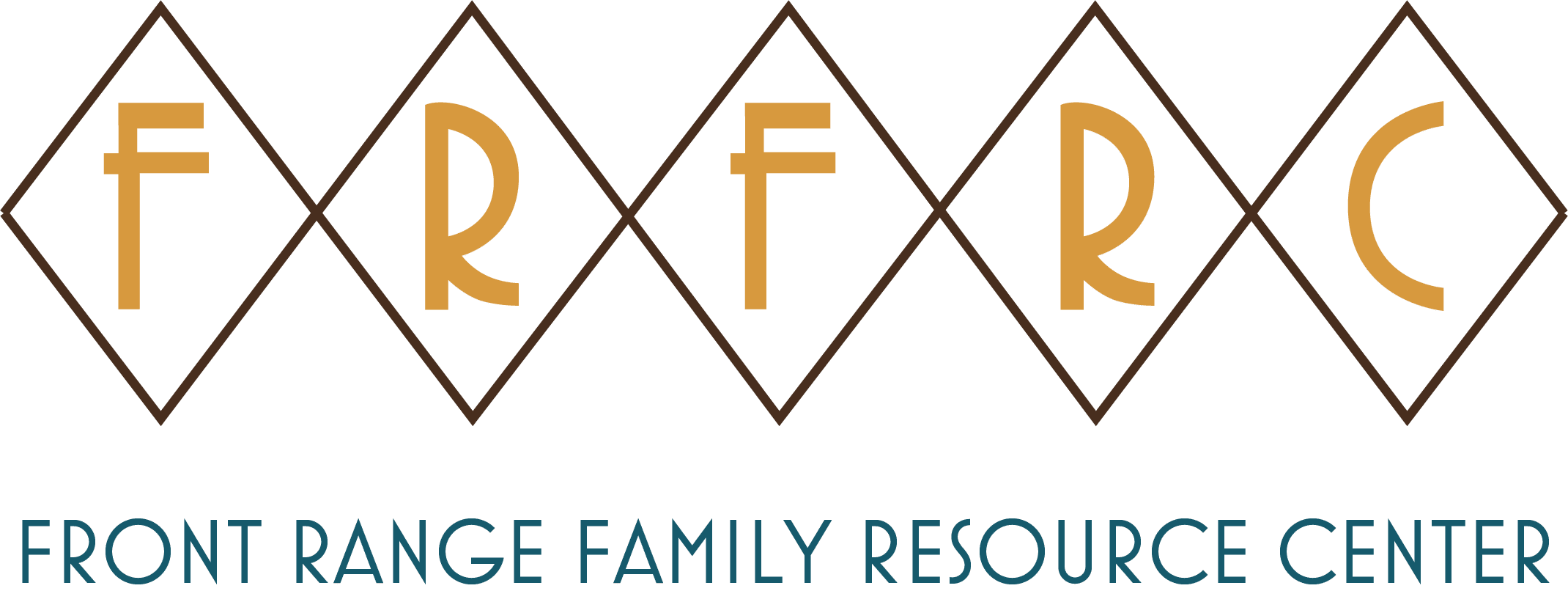More Than a Diagnosis, It’s a Lived Experience
When most people hear the word trauma, they think of war, natural disasters, or severe physical harm. And yes—those are forms of trauma. But they’re only part of the picture.
So, what is trauma really?
At Front Range FRC in Wheat Ridge, CO, we define trauma not by the event, but by how your nervous system responds to it. Trauma is what happens inside you when something overwhelms your ability to cope—whether you’re a combat veteran or a civilian who experienced emotional neglect.
The Refusal: “It Wasn’t That Bad”
Many trauma survivors, especially civilians, talk themselves out of getting help because their experience doesn’t seem “bad enough.” They say things like, “I wasn’t in the military,” or “Other people had it worse.”
Veterans often do the same but from a different angle—believing they should be grateful they made it home, or that struggling is just part of the job.
But ignoring trauma doesn’t make it go away. It stores itself in the body, often in the form of anxiety, tension, nightmares, or emotional shutdown. This refusal to acknowledge what’s happening internally is often the first stage in the hero’s journey: the call to healing that many try to ignore.
So Then, What Is Trauma?
Trauma comes in many forms—not just combat or violence. It might look like the child who was constantly shamed by a parent. Or the person who felt invisible in a relationship. It could stem from a devastating breakup, a sudden loss, or even ongoing microaggressions that wear a person down over time.
The truth is, trauma is not just about what happened to you. It’s about how your body and nervous system had to adapt in order to survive.
Trauma Is a Nervous System Injury
Whether the trauma came from war or emotional abandonment, your body responds by going into survival mode. You might find it hard to sleep. You might feel constantly on guard, jumpy, or quick to anger. For some, it shows up as complete emotional shutdown or a sense of numbness that won’t go away.
This is what makes trauma more than just a mental health issue. It’s a nervous system injury—and anyone with a nervous system can experience it. That’s why trauma shows up so similarly across populations, whether you’re a veteran or a civilian. The source may differ, but the symptoms can be hauntingly familiar.
Veteran and Civilian Trauma: Different Stories, Shared Pain
Veterans may carry trauma from combat, moral injury, or loss in service. Civilians may carry trauma from childhood neglect, betrayal in a relationship, or ongoing emotional invalidation. While their stories differ, the emotional consequences often overlap—shame, isolation, distrust, and a lingering belief that something inside them is broken.
At Front Range FRC in Wheat Ridge, CO, we honor both journeys. Trauma doesn’t need to be compared—it needs to be acknowledged and treated with care and compassion.
What Does Healing Actually Look Like?
Healing doesn’t mean forgetting what happened. It means no longer being ruled by it. People in trauma recovery often report being able to breathe more freely, feel more connected to loved ones, and handle stress without falling apart.
Here at our center, we offer therapy that meets you where you are—whether you’re ready to talk or need support regulating your body first. We also offer somatic therapy and medication management to help stabilize the nervous system and open space for deeper healing.
The Substance Abuse and Mental Health Services Administration (SAMHSA) understands the link to trauma and violence. If you need more information, click here.
Contact us now to learn ways to shift from trauma responses to more healthy responses.
